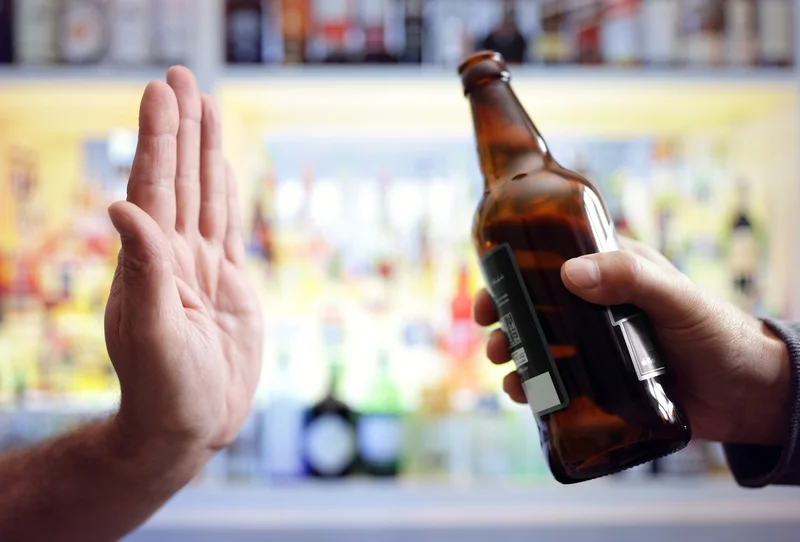
Early warning signs of amphetamine addiction include increased energy, euphoria, rapid speech, decreased appetite, insomnia, and social withdrawal. Where possible, they will also ask questions about lifestyle, medical history, and substance amphetamine addiction abuse to understand the severity of the patient’s disorder. Amphetamines are nervous system stimulants that increase the speed of the signals between your brain and body. The dopamine produced by amphetamines can lead to enjoyable effects like increased confidence, energy, and euphoria, making them highly addictive 2.

Respiratory Issues
This leads to an accumulation of these neurotransmitters in the synaptic cleft, which enhances their activity in the brain. As of 2020, roughly 1.5 million individuals ages 12 and older reported facing a meth use disorder, while roughly 758,000 reported misusing prescription stimulants. Dextroamphetamine is a type of amphetamine used to treat narcolepsy and ADHD. It is used less frequently due to its high risk for addiction and abuse. Dependence on amphetamines may be severe and can result in addiction. Addiction to amphetamines involves an inability to control drug use despite negative consequences.
What Are the Long-Term Effects of Amphetamine Abuse?
- This phenomenon drives individuals to continue using amphetamines to achieve pleasure and avoid withdrawal symptoms.
- People with eating disorders may use these drugs to try to lose weight.
- We offer a number of safe, proven therapies for amphetamine addiction.
It transcends geographical boundaries, impacting people from all corners of the globe. From densely populated urban areas to remote rural communities, the grip of amphetamine addiction is felt everywhere. Amphetamine addiction is a complex issue that has far-reaching consequences for individuals and communities worldwide. It is a problem that knows no borders, affecting millions of people from all walks of life. To truly grasp the magnitude of this issue, it is important to examine global statistics and understand the demographics most affected.
- The first step in addiction treatment is detoxification, which involves removing amphetamines from the body and managing withdrawal symptoms.
- Professional guidance ensures safe detoxification and provides effective coping strategies.
- Amphetamines increase the release of dopamine in the brain, creating feelings of euphoria and increased energy.
- Some clinics and online health services provide relatively easy ADHD stimulant access, contributing to a surge in new prescriptions, especially among adults.
- A detox will successfully cleanse your body of all traces of the drug.The second course to take is therapy treatment.
What is amphetamine addiction?
His theories have changed the field, stimulated additional research, and led to new understanding and treatments for opioid use disorders, cocaine use disorders, overeating, smoking, and depression. Each of these strategies plays a crucial role in addressing the complex nature of addiction and supporting long-term recovery. Ongoing counseling and support groups provide a network of support and Halfway house accountability, which are crucial for long-term recovery.


The time it takes to recover from amphetamine addiction varies depending on the individual, the severity of the addiction, and the treatment plan. Detoxification typically lasts a week, while comprehensive rehabilitation and recovery take several months to years. The causes of amphetamine addiction are multifaceted, involving a combination of genetic, environmental, and psychological factors. Genetic predispositions play a significant role, with individuals who have a family history of addiction being more vulnerable. Amphetamines stimulate and speed up your central nervous system and lead to an increase in heart rate and blood pressure.
